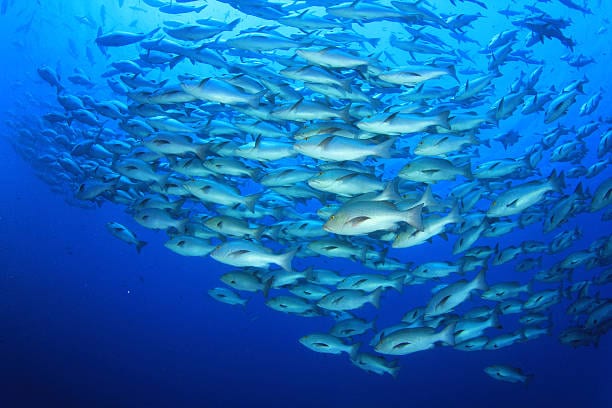IPRS Protected Fish during Disease Outbreak in Northern Vietnam
- Category:
- Aquaculture
- General News

High fish mortality was observed in Vietnam’s northern provinces during the transition period from warm to cold season (October to November). Infection of the gill caused by certain kinds of parasites (e.g. Trichodina) was commonly seen in traditional pond culture. In this culture, several factors together reached epidemic level: water quality was poor, stress caused by cold temperature, depletion of oxygen, and the presence of parasites. Mortality of 60 to 100 percent was often observed.
In September 2017, Mr. Đỗ Văn Bảo finished the in pond raceway system (IPRS) construction at his farm in Tiền Phong Commune, Thường Tín District, Hanoi City of Vietnam. He stocked 5000 common carp in one cell of 5 x 25 x 2 meters. Mortality in IPRS is not severe as it was in traditional pond culture. 200 to 300 fish with the same clinical signs died on a surrounding farm that utilizes pond culture with a traditional approach. Fish who live in IPRS have very low stressful conditions. Fish waste is collected daily and moved out of the pond.
Mr. Bảo attended USSEC’s training on IPRS technology. He visited other IPRS sites and decided to build IPRS at his farm. During this severe epidemic, his farm may be able to avoid big damage, thanks to IPRS technology.
